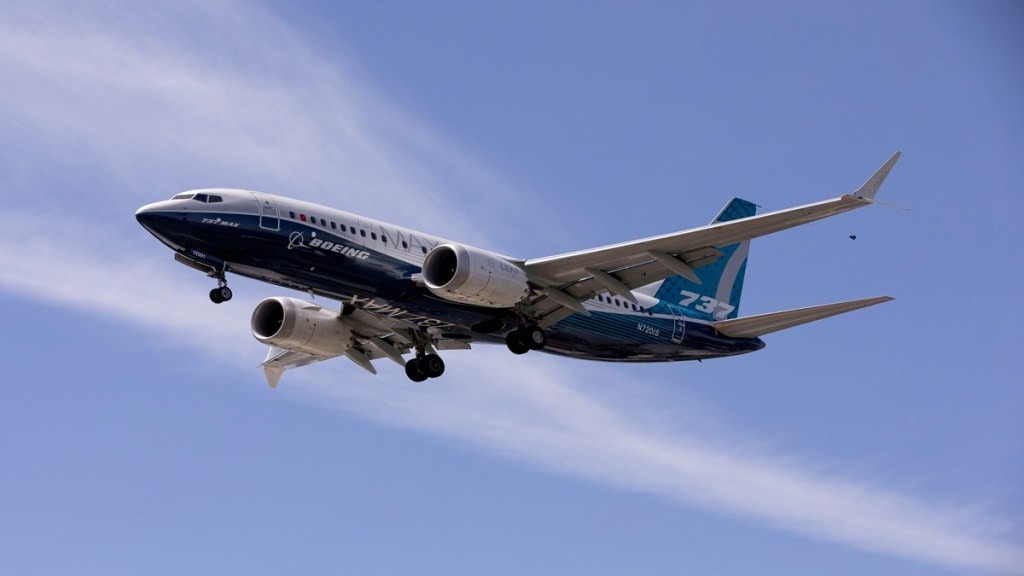The US aviation regulator, on Friday, extended the grounding of Boeing 737 MAX 9 airplanes indefinitely, citing safety concerns following a mid-flight cabin panel detachment. This move, combined with tighter oversight of Boeing, underscores the severity of the incident. Both United Airlines and Alaska Airlines have canceled flights until Tuesday as the Federal Aviation Administration (FAA) mandates additional inspections before allowing the Boeing 737 MAX 9 jets to resume operations. The FAA plans to audit the production line and suppliers while exploring the potential involvement of an independent entity in certain safety certification aspects previously handled by Boeing.
To prioritize the safety of American travelers, the FAA declared the continued grounding of 171 planes with the same configuration as the one involved in the incident. The regulator had initially mentioned lifting the grounding after inspections, but 40 of these planes now require reinspection, prompting further safety evaluations.
Impact on Airlines
Alaska Airlines and United Airlines, the primary users of the affected aircraft, have extended flight cancellations through Tuesday due to the grounding. This ongoing crisis has led to operational disruptions, with hundreds of flights affected and a widening impact on the reputation of the U.S. planemaker.
FAA Investigates: Formal Probe into MAX 9’s “Significant Problems” and Boeing’s Production History
The FAA announced a formal investigation into the MAX 9, citing “significant problems” and highlighting Boeing‘s history of production issues. The National Transportation Safety Board (NTSB) is investigating if the MAX 9 jet in the Alaska incident had improperly tightened bolts, contributing to the panel detachment.
FAA Administrator Mike Whitaker expressed concerns about the manufacturing process, signaling a shift in focus from design issues to production challenges at Boeing. Whitaker is exploring the possibility of third-party involvement in critical safety tasks, questioning the FAA’s long-standing practice of delegating certain responsibilities to Boeing.
Boeing’s Response
Boeing pledged full cooperation with regulators, supporting actions that strengthen quality and safety. The company acknowledged the need for extensive review and emphasized its commitment to addressing issues across the production system.
Ongoing Challenges: FAA Faces Staffing Questions and Industry-Wide Concerns
With budget constraints and delegations questioned since the fatal crashes in 2018 and 2019, the FAA faces challenges in maintaining adequate oversight. Questions arise about the agency’s staffing capabilities and whether a third-party entity would be a feasible and effective solution.
(With Reuters Inputs)
